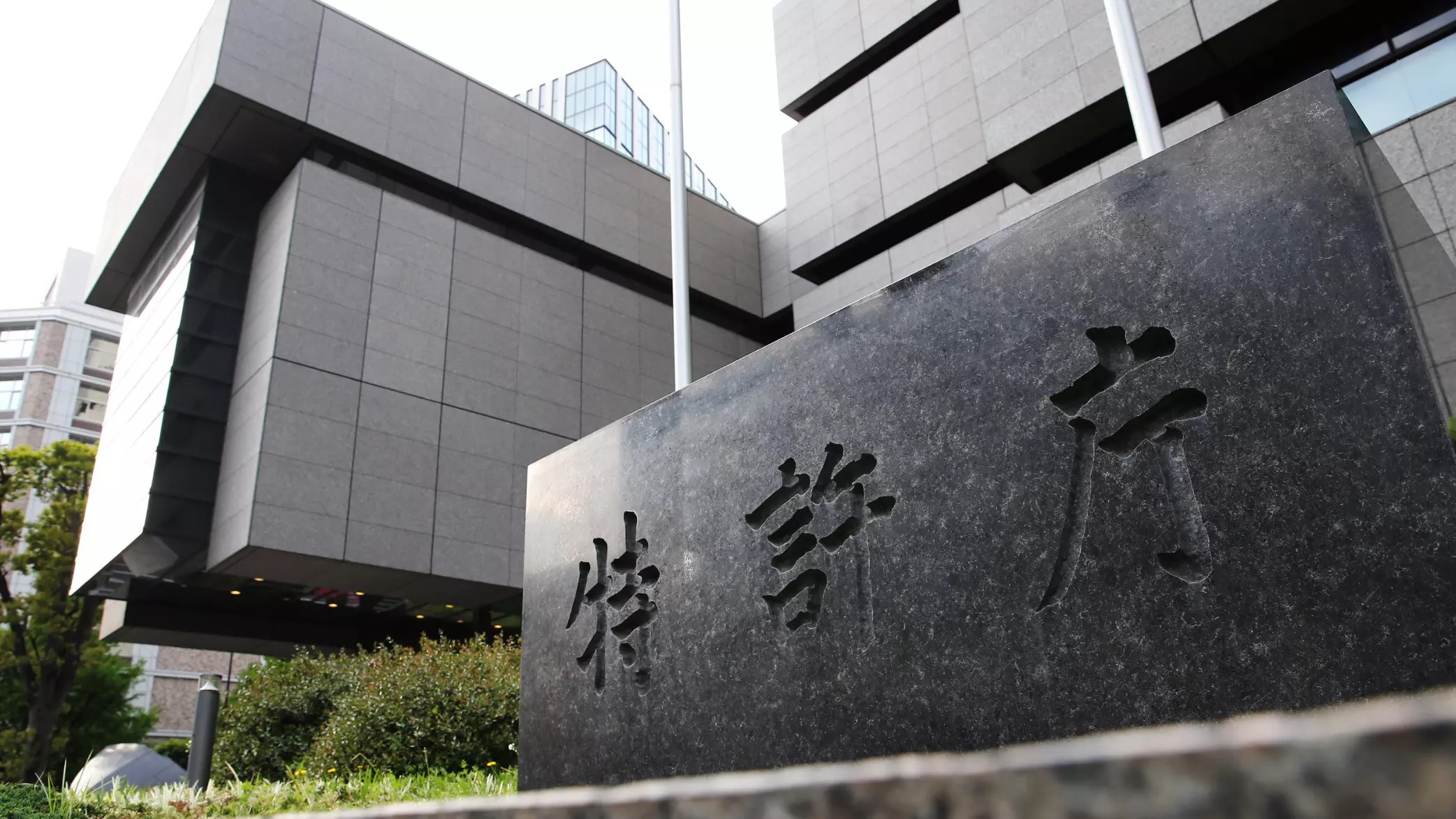Partial revision of the Japan Trademark Law which aims to amend the Article 31 (1) was promulgated on May 17, 2019 and takes effect on May 27, 2019.
Non-exclusive license for famous mark owned by public entity
Existing Trademark Law permits to register a mark which is identical with, or similar to, a famous mark representing (i) the nation, (ii) a local government, (iii) an agency thereof, (iv) a non-profit organization undertaking a business for public interest, or (v) a non-profit activity for public interest [Article 4(1)(vi)], provided that an applicant of the mark corresponds with the public entity from (i) to (iv), or an individual who is managing (v) [Article 4(2)].
Article 31 is a provision pertinent to “non-exclusive trademark license”.
Under the existing law, owner of trademark right (licensor) may grant a non-exclusive permission for the use of its mark to another [Article 31(1)]. In the meantime, the article has an exceptional clause and disallows a non-exclusive license for the use of registered mark which was granted based on Article 4(2).
New Revision
According to announcement from the Japan Patent Office, “Recently, public entity aiming to encourage regional development and collaboration with industry gets involved in necessity to advertise or promote goods or products originated from the entity. Inter alia, universities/colleges are desirous to secure financial resources, publicize achievements of academic research and increase publicity of the school by means of granting permission for the use of famous mark to a business entity”.
By the revision, the exceptional clause is deleted from Article 31(1).
From May 27, 2019, it enables an owner of trademark right for famous mark, i.e. (i) the nation, (ii) a local government, (iii) an agency thereof, (iv) a non-profit organization undertaking a business for public interest, or (v) an individual who manages non-profit activity for public interest, to grant “non-exclusive license” permission for the use of its famous mark.
It should be noted that the revision does not apply to “exclusive trademark license” provided in Article 30 (1). It remains impermissible.

